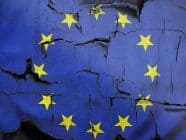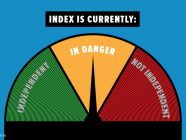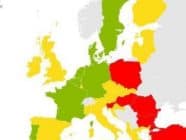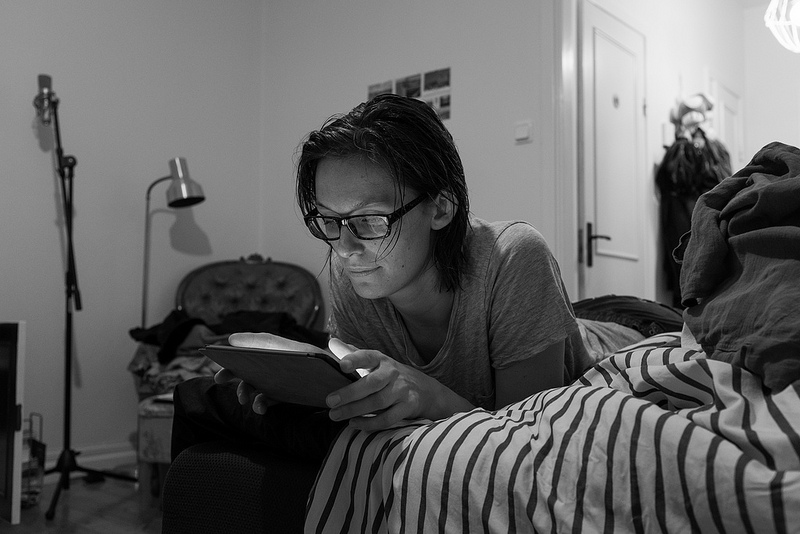 As MEDIADEM authors continue plowing through their research, the scope of the €2.65 million media policy project takes shape.
As MEDIADEM authors continue plowing through their research, the scope of the €2.65 million media policy project takes shape.
In a thorough examination, project director Evangelia Psychogiopoulou from the Hellenic Foundation for European and Foreign Policy (ELIMEP) in Athens, Greece, leads a research group intent on determining whether European media policy is fueling or inhibiting a free and independent media system.
MEDIADEM’s objective is to pinpoint and develop media policies that are tailored to the unique fluctuations occurring across the European media landscape. The research project features collaborations from 14 universities in 12 EU countries and two candidate countries and is funded by the European Commission’s 7th Framework Programme for Research as part of the Citizen in the European Union grant agreement. The considerable research undertaking began in April 2010 and will conclude through March 2013.
Project Outline
Three categories of media policy were developed by the MEDIADEM project in order to assess and fuel the development of quality media across Europe. According to the policy brief, the project first seeks to introduce and maintain a legally enabling environment, followed by the promotion of professional standards and ethics, and finally “the strengthening of media literacy.”
The MEDIADEM work plan consists of four separate phases and began with the production of an extensive report establishing theoretical foundations for the project’s research aims. Phase one also provided background information on the 14 different media markets participating in the project.
The second phase, which is ongoing, delves into empirical research in the form of 14 case studies, one for each of the collaborating countries. These in-depth case studies aim to assess media policy by not only examining the legislation but by also outlining the development process. In order to determine if individual media policies promote variety and independence in media, analysis focused on regulatory policy by making comparisons across Europe.
The third phase of the project will build on information gathered in the initial phases of the project in order to develop phase three, which according to MEDIADEM, is designed to “explain variable patterns of media policy [and] targeting media freedom and independence.”
The fourth and final phase of the project will attempt to enact change across media systems in Europe by formulating concrete strategy suggestions aimed at influencing both government and non-governmental policy makers.
The reports in all four phases of the project will be prepared through a variety of research tools, including the examination of primary and secondary resources, and semi structured interviews and conferences.
When complete, the project will have produced a monumental research portfolio which will include a theoretical report, one collective background report, 14 separate country-specific case studies, two comparative reports, a collective policy paper as well as numerous policy briefs, three case-study workshops, 14 national discussion groups, and one final MEDIADEM conference.
Target groups for the literature and research produced by MEDIADEM include the academic community, both government and non-governmental policy makers, media professionals, human rights organizations, and judicial authorities at the EU level, amongst others.
By taking an in depth look at the distinctive scenarios in all 14 countries, the MEDIADEM project has positioned itself to make meaningful suggestions that could make a long term impact in each market.
Further information as well the current research portfolio can be found here.
Tags: European Media Policy Research, European Union, Evangelia Psychogiopoulou, Media Freedom, media markets, MEDIADEM, Policy Makers












































